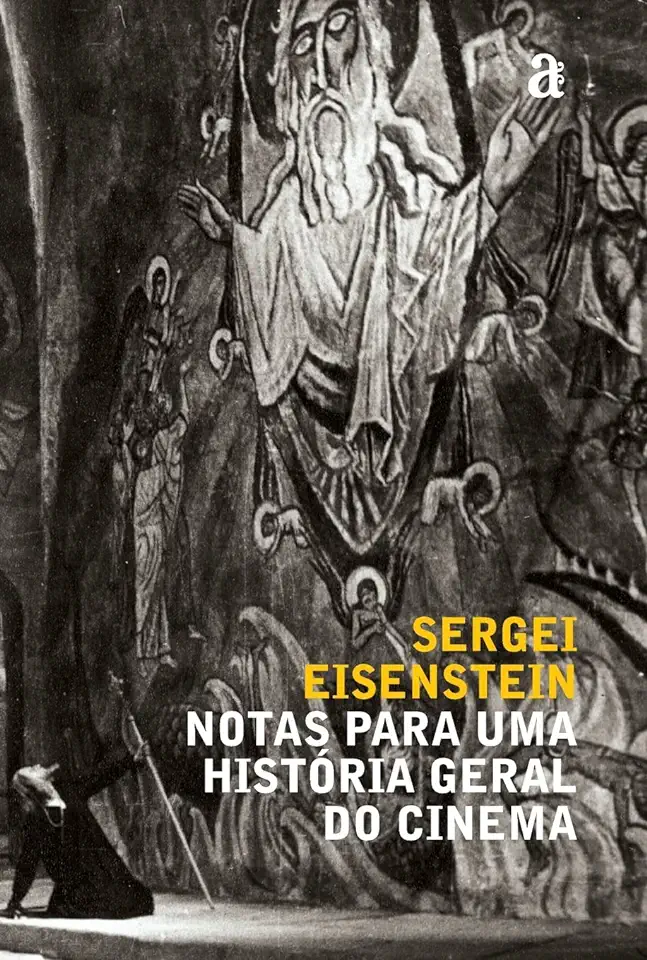
Notes for a General History of Cinema - Sergei Eisenstein
Notes for a General History of Cinema: A Masterpiece of Film Theory
Sergei Eisenstein's Notes for a General History of Cinema is a seminal work of film theory that has influenced generations of filmmakers and scholars. Eisenstein, one of the most important and influential filmmakers of all time, offers a unique and insightful perspective on the history and development of cinema.
A Comprehensive Exploration of Film History
Eisenstein's book is a comprehensive exploration of film history, from its earliest days to the mid-20th century. He examines the major movements and trends in cinema, including silent film, the rise of sound, and the development of neorealism. Eisenstein also discusses the work of key filmmakers, such as D.W. Griffith, Charlie Chaplin, and Fritz Lang.
Eisenstein's Unique Perspective
What sets Eisenstein's book apart from other works of film theory is his unique perspective. Eisenstein was not only a theorist, but also a practicing filmmaker. He brings his own experiences and insights to the table, offering a firsthand account of the challenges and rewards of filmmaking.
A Must-Read for Filmmakers and Scholars
Notes for a General History of Cinema is a must-read for anyone interested in film theory, history, or criticism. Eisenstein's insights are invaluable, and his book is sure to inspire and challenge readers.
Key Concepts in Eisenstein's Theory
Eisenstein's theory of cinema is based on a number of key concepts, including:
- Montage: Eisenstein believed that montage was the most important element of cinema. He defined montage as "the collision of two shots that gives rise to a concept." Eisenstein used montage to create dynamic and visually exciting films that conveyed complex ideas and emotions.
- Mise-en-scène: Eisenstein also paid close attention to mise-en-scène, which refers to the arrangement of elements within a film frame. He believed that mise-en-scène could be used to create a sense of atmosphere and to convey meaning.
- Acting: Eisenstein believed that acting was an essential part of cinema. He argued that actors should not simply recite lines, but should embody the characters they were playing.
Eisenstein's Influence on Filmmaking
Eisenstein's theory of cinema has had a profound influence on filmmaking. His techniques have been used by filmmakers around the world, and his ideas have helped to shape the way we think about film.
Conclusion
Notes for a General History of Cinema is a masterpiece of film theory that is essential reading for anyone interested in film. Eisenstein's insights are invaluable, and his book is sure to inspire and challenge readers.